Set in early 19th century Romania, a policeman, Costandin, is hired by a nobleman to find a Gypsy slave who has run away from his estate after having an affair with his wife.
Aferim! (2015) Online
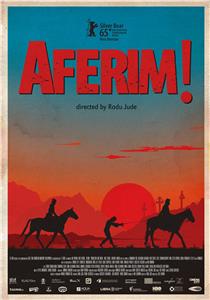
Set in early 19th century Wallachia, when a local policeman, Costandin, is hired by Iordache, a boyar (local noble), to find Carfin, a Gypsy slave who had run away from the boyar's estate after having an affair with his wife, Sultana. Costandin sets out to find the fugitive, beginning a journey full of adventures. Gypsy slavery lasted from the 14th century up until the middle of the 19th century, a situation which is very little known and almost nonexistent in the public debate today, although its impact continues to influence Romania's social life.
| Credited cast: | |||
| Teodor Corban | - | Costandin | |
| Mihai Comanoiu | - | Ionita | |
| Toma Cuzin | - | Carfin Pandolean | |
| Alexandru Dabija | - | Iordache Cîndescu | |
| Luminita Gheorghiu | - | Smaranda Cîndescu | |
| Victor Rebengiuc | - | Stan Paraschiv | |
| Alberto Dinache | - | Tintiric | |
| Alexandru Bindea | - | Priest on the road | |
| Mihaela Sirbu | - | Sultana | |
| Adina Cristescu | - | Zambila | |
| Serban Pavlu | - | Traveler | |
| Gabriel Spahiu | - | Vasile | |
| Rest of cast listed alphabetically: | |||
| Mihaela Drãgan | - | Carfin's Wife | |
| Claudiu Dumitru | - | Capetenia robilor | |
| Puiu Mircea Lascus | - | Hangiul |
"Aferim!" is an Ottoman Turkish expression meaning "Bravo!".
Aferim! (2015) is only the second Romanian film to address the Roma slavery, which existed in Wallachia for almost 500 years until 1856. The first one was the silent film Fata tigani in dormitor (1923). It has apparently been lost, with only a few stills surviving. Very little is known about it. Please check your attic.
The story is fictional, but director Radu Jude said in the NY Times (Sept. 8, 2015) that he drew on the historical record. Before shooting began, he held a script reading with 20 historians and made adjustments in response to their input.
19th-century Wallachia was heavily influenced by the Ottoman Empire, and the word "aferim" is Turkish for "bravo". Director Radu Jude said in the N.Y. Times (Sept. 8, 2015) that the word appears often in historical documents and therefore came to be part of the story, adding a touch of irony: "The characters in the film say 'Aferim!' to each other as they feel they are doing the right thing," he said. "It is very symbolic, this aspect."
Director Radu Jude on the cinematography of Aferim! (2015): "[We used a 35mm] Arricam Lite. Film stock: Eastman Double-X Negative Film. The camera was the choice of our great DP, Marius Panduru. We went for black and white film stock because we wanted a classical look and, since we tried to emulate old Westerns, we thought that this is the best option." [2015]
Shot in only 23 days.
Official submission of Romania for the 'Best Foreign Language Film' category of the 88th Academy Awards in 2016.
Visual effects were used in post-production to create the illusion of bigger crowds in some shots. Producer Ada Solomon: "In the fair scene we had 250 extras on set, but the scene is also worked and multiplied in VFX, that is why it seems more. But for that scene it wasn't the extras that were the biggest challenge but controlling and taking care of over 400 animals that we had on set." [2015]
Set in Wallachia which was an Eastern European geographical region, extending north of the Danube and Bulgaria, and south of the Southern Carpathian mountains. Following the dissolution of the Austro-Hungarian empire, its territories were allocated to what is now modern-day Romania. It currently houses the Romanian capital of Bucharest.
Director Radu Jude has said that his intention with the film was to make the Romanian equivalent of a Western.
Winner of the Audience Award at the 4th 'Let's CEE Film Festival Vienna' in Oct. 2015.
Winner of the FIPRESCI Prize at the 12th 'Jameson Cinefest - Miskolc International Film Festival' in Sept. 2015. Jury statement: "At a festival which salutes the cinematic legacy of the Western, the international jury of critics awards a film which updates and reconfigures the genre. With its humour, violence and compositional flair, Radu Jude's "Aferim!" is at once topical and timeless. We say 'bravo!' and 'aferim!' "
Despite the very different setting and location, the plot bears a striking similarity to Hal Ashby's The Last Detail (1973).

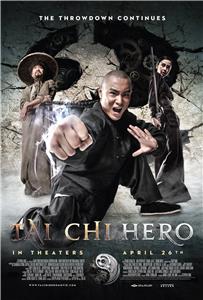
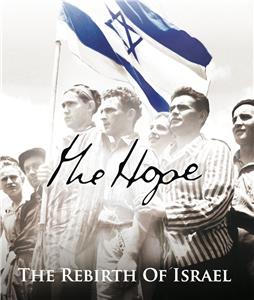
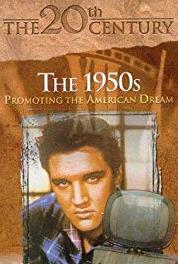
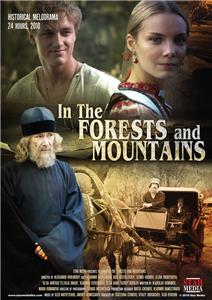
User reviews